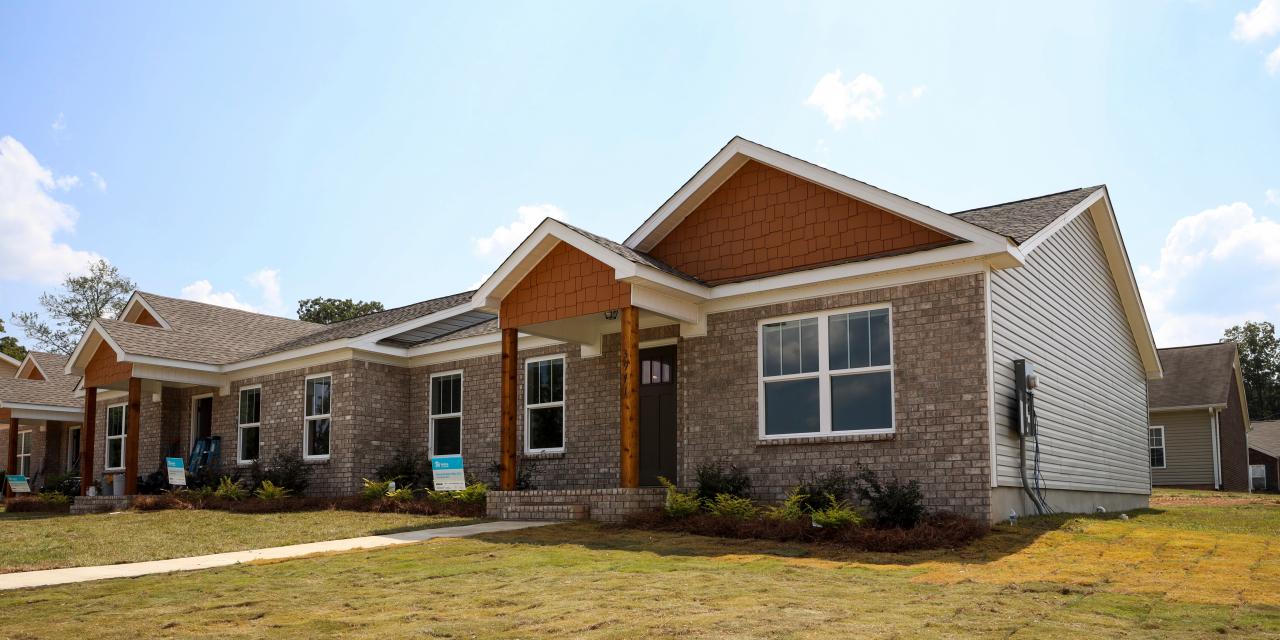It is no more news that insecurity has pervaded the country, as news of one attack to the other has become the other of the day. Hardly will a day go bye without a report of either, kidnapping, banditry, terrorist attack or the threat from tribal and secessionist factions across the Nation. Hence, the issue of the right environment for investment in housing is missing in the country, as we continue to beg the question of safety in the real estate sector.
A recent survey by the Housing Development Advocacy Network (HDAN) has revealed greatly a seeming correlation between the negative effects of insecurity and investment flight particularly where real estate and housing programmes are concerned. In retrospective bis the impact insecurity will have on the Federal governments ability to execute it’s plans aimed at bridging the over 22 million housing gap in the country, this is inclusive of the the Federal Government planned 300,000 housing projects across the 36 states of the Federation and FCT.
Though the level of insecurity differs from state to state and region to region, however the situation has become a national threat and it is seriously impacting negatively on the real estate sector.
From past survey, it was obvious that a part of the country was doing far better than the others, and an attempt to find out what could be responsible for the lopsided development of real estate in the country has been further pushed by the security situation in the country with imminent social unrest from protest against harsh policy, terrorism, herders-farmers clash and reprisal attacks by bandits involving the destruction of houses and commercial properties.
Besides, the recent ethnic clashes in some parts of the country better underscore the importance of peace and tranquility in real estate development, which is paramount to provision of housing for all.
A World Bank 2016 report states that since commencement of terrorism Scourge in 2009 across North Eastern and North Central Nigeria, nearly 30 percent of properties destroyed or damaged were private houses. The bank stated that 956,453 (nearly 30 per cent) out of 3,232,308 private houses; 5,335 classrooms and school buildings in 512 primary, 38 secondary and two tertiary institutions; 1,205 municipal, local government or ministry buildings; 76 police stations;
Placing value to properties destroyed by insecurity in core States in the North East alone, the Permanent Secretary of the ministry of Reconstruction, Rehabilitation and Resettlement stated that properties worth One Trillion Naira have been destroyed so far.
He further stated that the insurgents have razed down 986, 453 residential homes; 5,335 classrooms, 201 health facilities, 1, 630 water facilities and 726 power distribution stations and transformers, 800 public structures such as offices, prisons, police posts and other structures.
The aforementioned destruction not only heightens fear in investors but also causes capital flight and increased risk premium for Nigeria’s sovereign credit rating status that has continued to suffer downgrades and stands the risk of falling below junk status if the situation is allowed to deteriorate. Also, in addition to the consequences is that prospective home owners are denied the choice of where to stay and also affordable housing as insecurity also has a way of pushing up the cost of housing due to over concentration and heating up of a few markets like Abuja and Lagos that are considered bro be relatively safer than other locations.
Hence, it is obvious that investors would not want to only put their money in the place where their mouth is but also where their hearts are are sure of peace and rest. Insecurity does not guarantee safety of investment as it rather reduces the chances of good returns from investment, the fear of watching one’s investment being torched is not a worthy consideration even for the most hardened risk taker.
HDAN on its part had called on the Federal government to as a matter of urgency step up its game in addressing the security challenges plaguing the country.
Also, HDAN has engaged federal government related entities and housing stakeholders to provide more incentives for the real estate sector that will encourage more investment in the sector.
Besides, the HDAN is of the opinion that the country’s insurance industry’s drive towards recapitalisation is way past due and needs to be up to date in terms of fiscal capacity in comparison with its emerging market peers to insurance services become an effective back stop and risk cover for the real estate sector.
The HDAN believes and continues to stand behind its fundamental ethos that affordable housing is a right of all Nigerians and under no circumstances or situation should any Nigerian be homeless or be denied a decent home.





